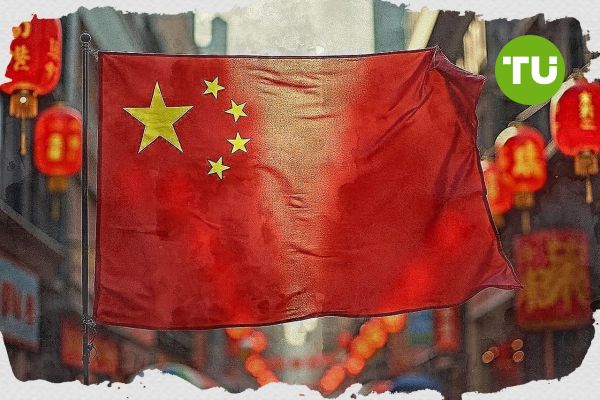Chinese state-owned companies to explore stablecoin usage
 Shanghai SASAC signals major shift as China rethinks stablecoin policy
Shanghai SASAC signals major shift as China rethinks stablecoin policy
The Chinese government has taken a significant step toward adopting stablecoins by instructing state-owned enterprises to evaluate the feasibility of launching yuan-pegged digital tokens.
Firms such as Guotai Haitong and Shanghai Data Group have been directed to begin internal research and assessments, reports Crypto News.
The decision stems from a meeting held last week by the Shanghai State-owned Assets Supervision and Administration Commission (SASAC), marking a notable shift in China’s historically cautious stance on crypto. At the event, SASAC director He Qing emphasized the role digital currencies could play in bolstering economic efficiency and cross-border financial innovation. His remarks signal a strategic push toward tokenization and blockchain integration within state-run industrial and financial infrastructures.
Push for innovation highlights stablecoins’ economic role
In his remarks, He Qing highlighted that blockchain and tokenized real-world assets could play pivotal roles in supply chain finance, cross-border settlements, and industrial modernization. He urged state-owned entities to embrace these technologies as a tool for scientific and technological innovation and to adjust China’s industrial mix. While China has historically cracked down on public cryptocurrencies like Bitcoin, this renewed focus suggests a more pragmatic approach—possibly driven by the international rise of stablecoins.
Stablecoins backed by fiat currencies have proven efficient for fast, low-cost transactions, prompting China to reassess its rigid posture. By involving state-owned players in the exploratory process, the government maintains oversight while tapping into technological advances in centralized ways.
Global momentum may be forcing Beijing’s hand
The timing of China’s renewed stablecoin interest is no coincidence. Global counterparts like the U.S., Hong Kong, and the European Union are rapidly progressing with their own stablecoin frameworks. In the U.S., the GENIUS Act recently passed the Senate and awaits a House vote, while Hong Kong’s Stablecoin Ordinance takes effect in August. The EU’s MiCA framework is already in place, offering clear regulatory pathways for issuers. Analysts suggest that China’s move is driven by concerns over falling behind in financial technology, especially as stablecoins gain traction as global payment and settlement tools. With stablecoins becoming central to digital economies, Beijing may be acting out of FOMO (fear of missing out) to maintain competitiveness in the evolving global financial landscape.
Recently we wrote that Bank of England Governor Andrew Bailey has issued a stark warning to banks about the systemic risks posed by stablecoins, urging institutions to avoid issuing them altogether.













































































































































